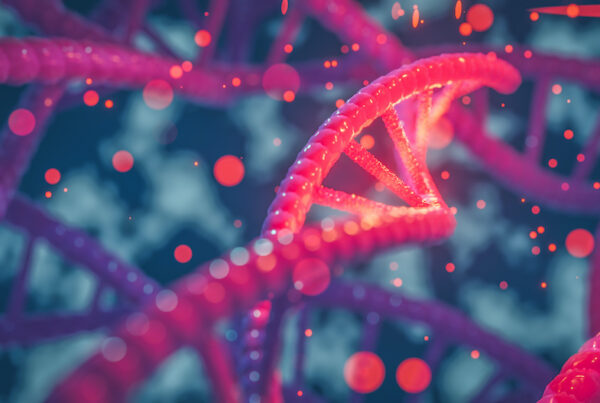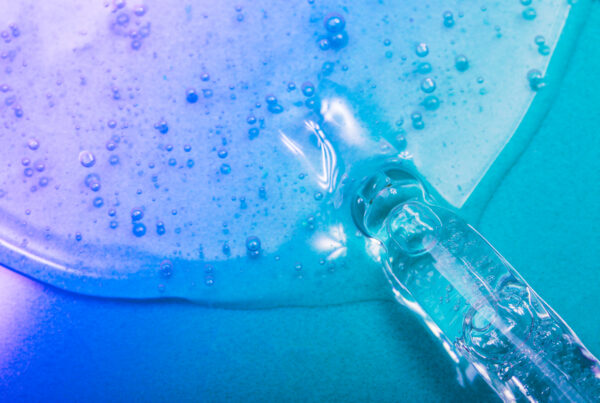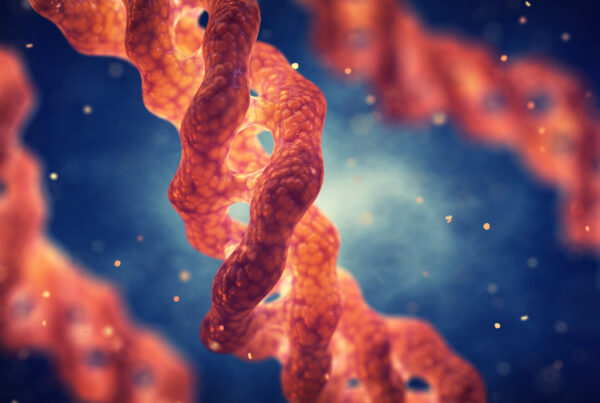Glutathione is a powerful antioxidant made up of three amino acids; cysteine, glycine, and glutamic acid (or glutamate). This antioxidant is produced in every cell and is a tripeptide; a peptide made up of three amino acids linked together by two or three peptide bonds.
The glutathione tripeptide is so powerful it is often compared to an “elixir” of sorts.
When the levels of glutathione are adequate, heightened, or optimized, it has the ability to produce countless health benefits, including supporting brain function, heart health, skin health, and a healthy detoxing system. It may even be responsible for helping you live a longer, healthier life.
The Master Antioxidant
Glutathione is what we call a “Master Antioxidant” and is essential for building a healthy immune system and supporting your body’s natural detoxification process.
It is one of, if not the most, protective molecules found in the human body and is responsible for helping the body ward off some seriously adverse health conditions, including Alzheimer’s Disease, Parkinson’s disease, stroke, heart disease, liver disease, glaucoma, cataracts, diabetes, high cholesterol, chronic fatigue syndrome, osteoarthritis, and more.
When levels fall, you become more at risk of developing some of the most feared health conditions, often associated with aging.
As you age, your glutathione levels decrease, and you become more susceptible to disease and the aging process. Antioxidants are known as anti-agers and work to protect you from free radicals, which can damage cells. What makes glutathione a “master antioxidant” is that it not only neutralizes these free radicals, but it also reactivates other antioxidants, such as vitamin C and vitamin E.
When vitamin C and vitamin E neutralizes free radicals in our body, these antioxidants become unstable. However, glutathione can reactivate these antioxidants and help our body fight against illness, including devastating diseases such as cancers.
How cool is that!
If we know that glutathione helps protect us against a variety of health conditions, including the aging process, wouldn’t you want to do what you can to ensure your body is producing an adequate amount?
Who wouldn’t??
Why Does This Happen?
The glutathione in your cells exist in two forms; the reduced form GHS (active) and the oxidized form, GSSG (inactive).
GHS protects your cells from free radicals and oxidative stress. During this process, GHS becomes oxidized and becomes the inactive form, GSSG.
Through the process of glutathione reductase, GSSG can be returned to its active form and continue to protect the body from the disease. However, if this system becomes overwhelmed, GSSG begins to pile up until there are more inactive glutathione than the active form, GHS. When this happens, your cells become vulnerable to damage, and your risk of disease rises, and the aging process quickens [1].
 Glutathione and Mitochondria
Glutathione and Mitochondria
Glutathione protects us against disease and aging, but on a deeper level, it is responsible for protecting the mitochondria, the powerhouse of your cells.
The mitochondria are responsible for producing ATP (adenosine triphosphate), which is used to power cells. Without mitochondria, complex life doesn’t happen. You can’t exist.
Mitochondria are crucial for life to continue, and something so important needs to be protected.
Enter glutathione!
Glutathione doesn’t just protect us from the aging process and disease, but it also protects mitochondria from heavy metals, free radicals, organic toxins, and superoxide (a byproduct of ATP creation). These toxins and byproducts can damage the mitochondria, which could be really bad for the cell itself and us.
Perhaps we should say, without glutathione, complex life doesn’t happen!
Signs of Glutathione Deficiency
At this point, you’re probably thinking…
Do I have a glutathione deficiency? How would I know?
We all want to be healthy, and we all desire to live longer lives and slow down the aging process, so it is natural to want to ensure you are not deficient.
As you age, your glutathione levels begin to drop, which can lead to poor health conditions and put you at a higher risk of developing neurodegenerative disorders, pulmonary disease, immune disease, cardiovascular disease, chronic age-related diseases, liver disease, cystic fibrosis, and the aging process.
So what are the signs and symptoms you should be on the lookout for? Here are some key signs you may be deficient in glutathione:
- Fatigue
- Joint aches/pain
- Poor sleep quality
- Inability to focus or concentrate
- Lowered immunity (do you get frequent colds?)
- Headaches
- Dermatitis
- Depression
Low levels of glutathione can cause one or more of these symptoms, and specific situations in your life may put you at a higher risk of deficiency.
As you age, it is natural for your levels to decrease. However, illness can also deplete this antioxidant, which in turn makes it more difficult to fight the illness, including the following:
• Neurodegenerative disorders (Alzheimer’s, Parkinson’s, and Huntington’s diseases, amyotrophic lateral sclerosis, Friedreich’s ataxia)
• Pulmonary disease (COPD, asthma, and acute respiratory distress syndrome)
• Immune diseases (HIV, autoimmune disease)
• Cardiovascular diseases (hypertension, myocardial infarction, cholesterol oxidation)
• Chronic age-related diseases (cataracts, macular degeneration, hearing impairment, and glaucoma)
• Liver disease
• Cystic fibrosis
• Aging process itself
A depletion in glutathione can be caused by illness, aging, or genetic deficiencies resulting in an inability to produce adequate levels.
But what if there was an easy way to make sure your body had enough glutathione to help slow the aging process, fight disease, and give you a host of other health benefits, such as more energy and focus?
Let’s dive in…
Make Sure You Have Adequate Levels of Glutathione!
If you want to live a long, healthy life, you will want to make sure your body has adequate levels of glutathione.
We’ve learned that glutathione is responsible for keeping our mitochondria producing energy for our cells and that the right levels can also ward off disease and fight the aging process.
So, how do we keep our glutathione levels up?
One way to try and replace your glutathione levels is through nutrition. You can include several foods in your (healthy!) diet that contains high levels of this powerful tripeptide. Fruits and veggies contain moderate to high amounts of the active form of glutathione, GSH, while fresh meats contain a generously high amount.
However, this may not be the most effective way.
Glutathione Supplementation
Aside from getting glutathione from your diet, you can also get it from supplementation, which is readily available in stores and online.
Supplementation is an easier way to get additional glutathione into your body, and many people who are looking to replace decreasing levels turn to oral supplementation.
However, oral intake is not the best way to try and increase your levels. When you consume food or oral supplementation that contains high levels of glutathione, the chance of it all being absorbed into your system is extremely low.
Supplementation through N-acetylcysteine (NAC), a cysteine precursor, is an effective alternative strategy to optimize GHS production, as cysteine is a key factor in limiting the synthesis of GHS. Not only is NAC well absorbed by the intestines, but studies have shown it to be useful in improving GHS levels.
However, as you age, the body’s ability to synthesize glutathione from these raw materials decreases.
Unlike NAC, glutathione makes such a poor oral supplement because the enzymes that break down the foods you eat also dissolve the bonds between the amino acids before it can be absorbed. When these bonds are broken, peptides, or tripeptide in this case, can be rendered less effective or totally useless.
Therefore, the bioavailability of oral glutathione supplementations is very poor, and to get the full effects, you will need to bypass the digestive system.
So, how do you accomplish this?
 Injectables
Injectables
The best way to supplement your body with glutathione is through injections. As an injectable, the antioxidant completely bypasses your digestive system and is inserted directly into your bloodstream. This means 100% of the glutathione you inject gets absorbed into your system.
Supplementing with an injectable does not require doctor visits or specialized training. In fact, you can easily do this at home with self-injections.
Don’t worry! I know what you’re thinking!
For most people, self-injections can sound intimidating, but it is easy, safe, and more common than you may think. Self-injecting is the best way to routinely get an adequate amount of glutathione into your bloodstream so you can reap all the benefits!
Side Effects
As with all supplementation, there are possible side effects. Most people only experience positive, beneficial side effects and an improvement in energy and overall health.
However, there has been a link between long term glutathione therapy with low levels of zinc.
Benefits of Injectable Glutathione Therapy
When you start glutathione therapy, you could see a wide range of health benefits that you just can’t ignore.
- Anti-Aging
- Immune Health
- Skin Health
- Lowers Inflammation
- Weight Loss
- Improves Focus
- Support Mental Health
- Supports Detoxification
Keeping your levels of glutathione high has a lot of health benefits, including one that may surprise you and help you recover from a night of too-much-fun. Be sure to check out our blog where we breakdown all of these benefits and discuss one you may not want to pass up!
Ready for Glutathione Injectables?
Remember, if you want glutathione nutraceutical therapy benefits, the most optimal is through injections, so that it bypasses gut enzymes, and is absorbed entirely.
Glutathione therapy is meant for healthy and active adults who seek to take charge of their own health.
If you are interested in glutathione therapy, be sure to speak with your physician or healthcare provider to see if injectables are right for you. For more information, contact us today to discuss your goals and learn more about how glutathione may benefit your health.
As with any treatment, the results and potential side effects of peptide and nutraceutical injectable therapies will vary from person to person. Peptide and nutraceutical injectable therapies are not intended as a replacement or alternative to medical treatment or a healthy diet and active lifestyle, which is the cornerstone of lasting health, wellbeing, and longevity. For high functioning and athletic individuals, peptide and nutraceutical injectable therapies may provide an added boost to traditional therapies and treatment programs.

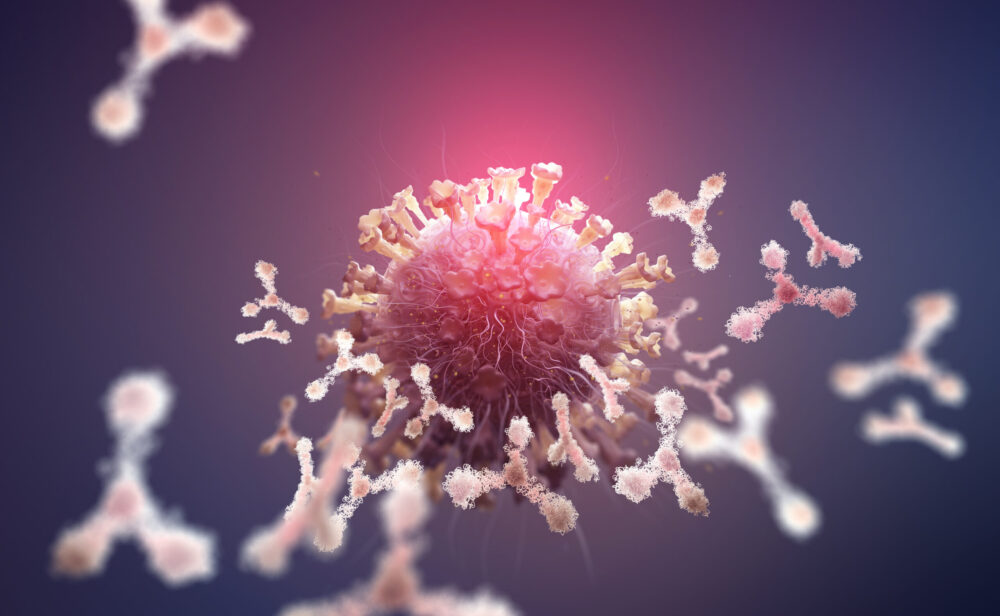
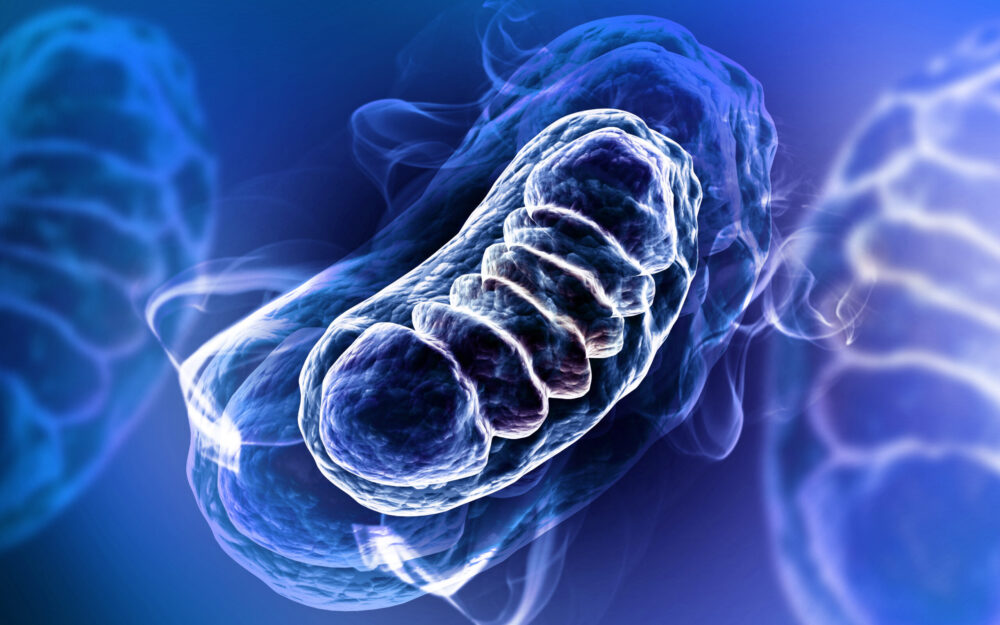 Glutathione and Mitochondria
Glutathione and Mitochondria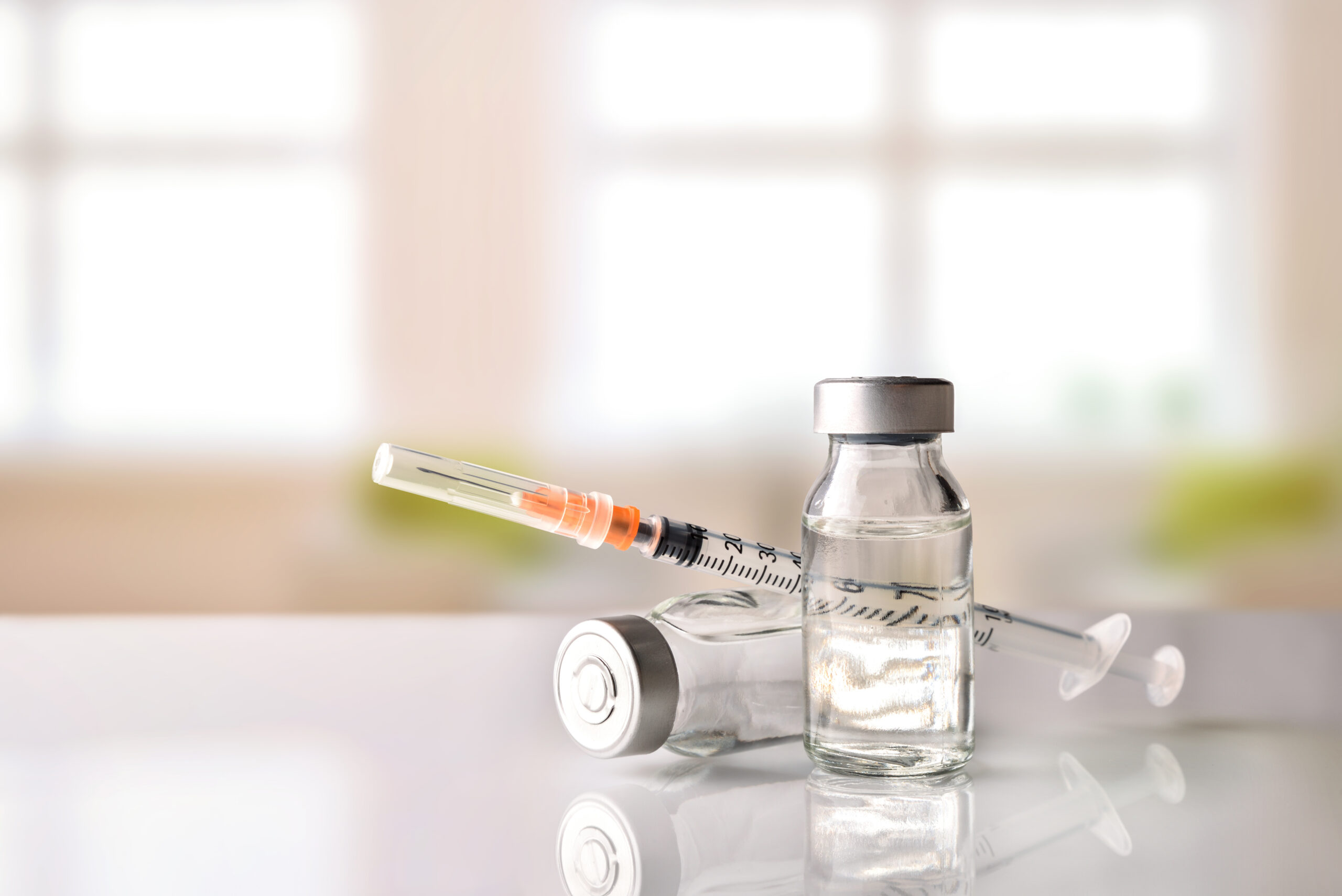 Injectables
Injectables